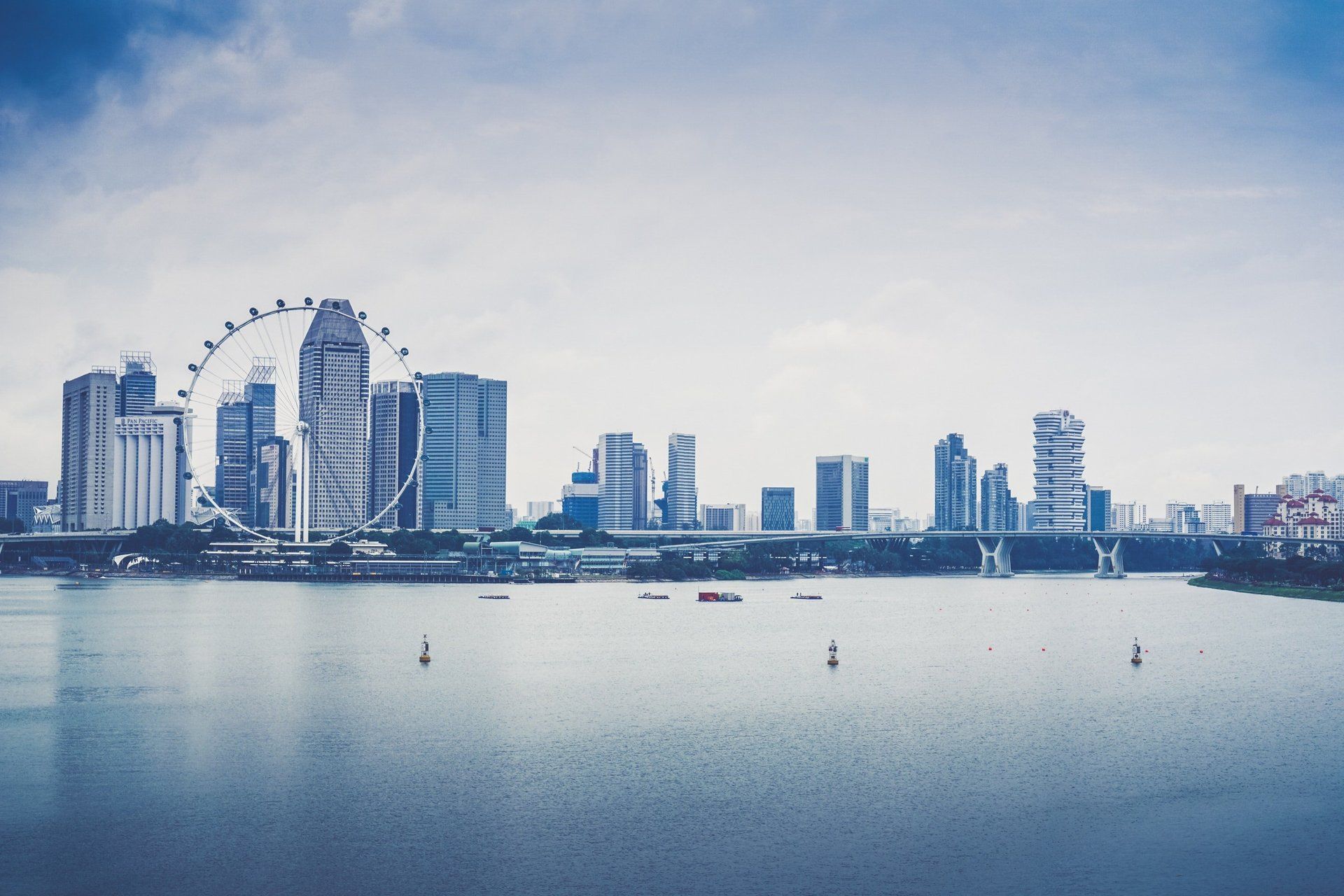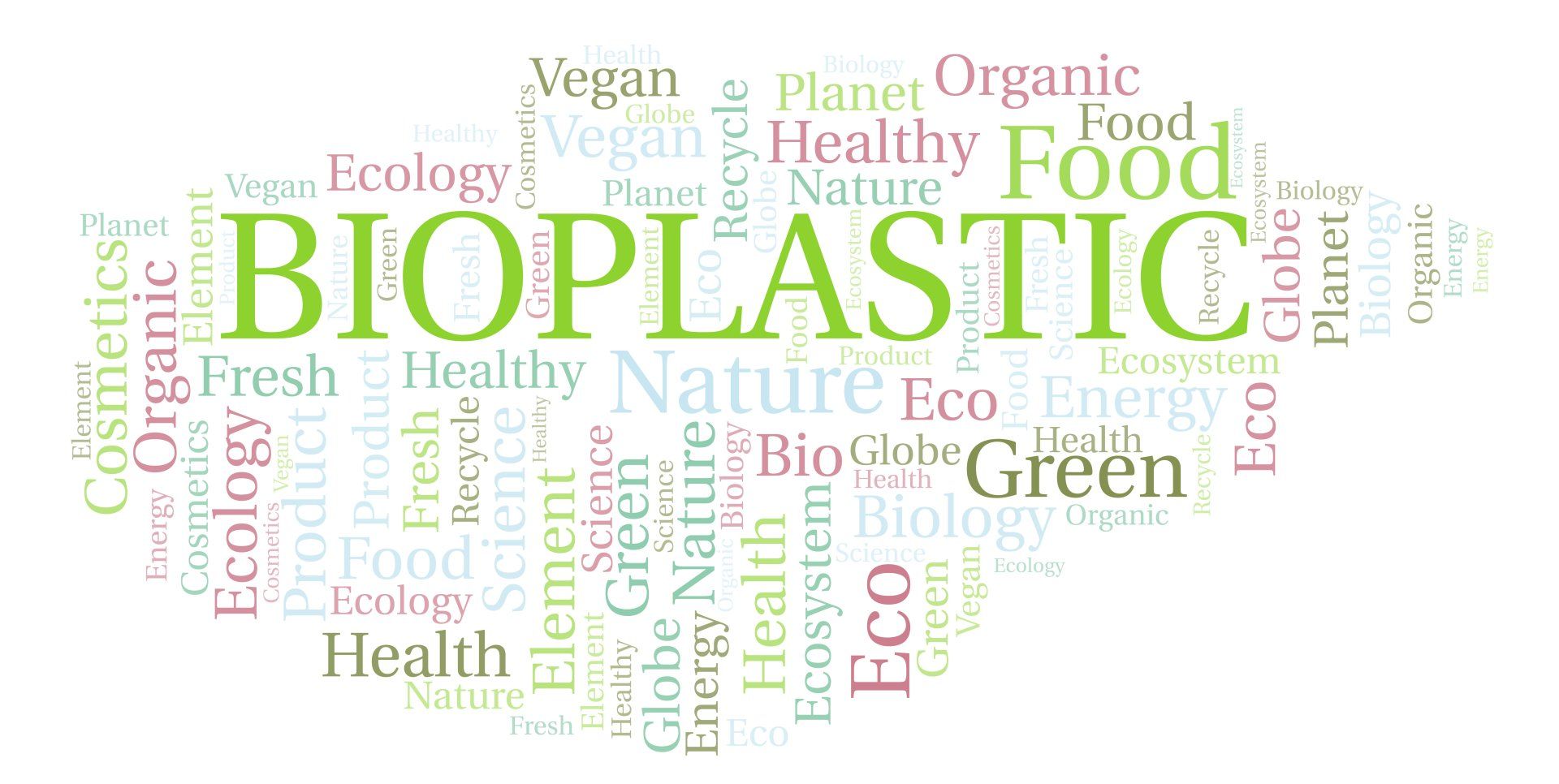News

Solon. The solution to single-use plastics. RWDC Industries Ltd, the winner of The Liveability Challenge 2018, presented by Temasek Foundation, will launch its Solon brand at Ecosperity Week 2019 in Singapore in June. This revolutionary, sustainable material solution has hundreds of possible applications for everyday life. Solon is an ideal material for replacing petrol-derived single-use plastic articles, including cutlery, cups, bags, plates, and bowls. Solon will be introduced in Singapore, as a drinking straw product first. Solon drinking straws will be available at Ecosperity Week 2019 at the RDWC/Solon booth, next to the Bettr Barista coffee stand. The straws will also be available from a number of leading food and beverage partners in Singapore, who are supporting the launch. Solon is a type of PHA (or polyhydroxylalkanoate) – a biopolymer naturally produced and optimised by RWDC Industries to enable a global solution to today’s plastic waste management challenge. Since winning The Liveability Challenge 2018, RWDC has had an exciting year, which included not only some highly promising product trials in a number of applications with its clients and this exciting product launch, but also US$22 million of new funding in April and its first US-based institutional investor. “We believe that it is our duty as stewards of the planet to use our talents, energy and time to leave a legacy of a sustainable future,” said Dr Daniel Carraway, RWDC’s Co-founder and Chief Executive Officer. “There are a number of ‘compostable’ single-use plastic alternatives on the market; however, these materials can only be composted in well managed, commercial composting facilities that are equipped to operate with precise control systems,” he added. “We would like to congratulate RWDC for the successful launch of its first PHA product within a short span after winning The Liveability Challenge in 2018. Temasek Foundation champions liveability and sustainability, and hopes to reduce the damaging impact from plastic waste. We look forward to RWDC developing and commercialising many more Solon products. This will benefit end-users who will be able to make ecologically responsible choices, and collectively make a big difference to our living environment,” said Mr Lim Hock Chuan, Chief Executive of Temasek Foundation Ecosperity. Governments around the world are beginning to legislate aggressively on plastic waste. RWDC supports the initiatives of ‘Reduce, Reuse and Recycle’ but notes these steps are not enough to alter the growth trajectory of plastic waste, risking serious consequences. RWDC believes a better solution is to ‘replace’ single-use plastics with the right material, PHA - an unmodified, naturally occurring polymer that offers many of the benefits, versatility and functionality of petroleum plastic materials, while enabling a safe outcome in all potential post-consumer end of life scenarios. Solon is certified by European certification authority TÜV Austria to safely biodegrade in natural environments, leaving absolutely no harmful remains or by-products. It is made from sustainably produced, renewable feedstock, is incredibly versatile, and available at a commercially viable price.

Ultimately, Solon biodegradable polymers will be used as a replacement for a variety of petroleum-derived, single-use plastics. But right now, the company is focusing on two primary applications: single-use straws and paper-coating. Winning the Temasek Foundation Ecosperity challenge last year was a big boost to the company’s development of straws, but the paper-coating opportunity appears to be just as big. “To our knowledge, no company in our industry has commercialized the use of PHA in the development of paper-coating applications,” says Dr. Daniel Carraway, CEO of RWDC Industries, developer of Solon. “We feel there is a significant opportunity to share Solon with a variety of manufacturers, which will help reduce—and eventually eliminate—petroleum-derived plastics.” From paper-coated cups, bowls, plates and lids to bagasse molded-fiber articles to personal care wipes, there is interest in Solon’s ability to create environmentally friendly single-use plastic solutions. We look forward to sharing more about our progress in these industries as they evolve. Stay tuned. The planet depends on it.

It was a year ago that Solon’s PHA polymer took a major step forward, winning the first-ever Liveability Challenge for its proposal to produce drinking straws made from a certified biodegradable biopolymer that can replace single-use plastic straws. The company was awarded S$980,000 by Temasek Foundation Ecosperity for winning the Challenge, which, at the time sparked fierce debate within Singapore’s sustainability community about plastic use. The good news: The debate goes on and interest continues to grow. So much so, RWDC Industries CEO Dr. Daniel Carraway has been invited to speak about Solon’s progress since winning the award in July of 2018. “The need for the product has existed for years,” says Dr. Carraway, “but a true biodegradable product didn’t exist until now. We’re honored to have won the contest a year ago, and we’re looking forward to updating our progress at this year’s event.” In addition to attending the Temasek Foundation Ecosperity event in Singapore the week of June 4, representatives of Solon will be meeting with partners to ramp up the development of Solon products in Southeast Asia, as well as with potential buyers who see the importance of eliminating petroleum-derived plastics.

The word “bioplastic” sure sounds sustainable. But just because “bio” is in its name, does that mean all bioplastics are good for the environment? You would think, but that’s not entirely true. Yes, bioplastics are made from renewable resources, but not all bioplastics are biodegradable. To earn the name “bioplastic,” a product simply needs to be derived from renewable resources—which are classified as either biodegradable or non-biodegradable plastics. Let’s take a look at the difference between the two: Non-Biodegradable Plastics Some non-biodegradable bioplastics can be degraded by heat, exposure to UV light, and/or by mechanical stress. The plastic is designed to undergo a significant change in its chemical structure under specific environmental conditions. Without these conditions, degradation does not occur. Compostable plastics also are considered non-biodegradable. These products are only compostable in special facilities. For example, most compostable cups are made from PLA (Polylactic Acid) plastic. For PLA to biodegrade, the polymer is broken down by adding water and heat (a process known as hydrolyzing). If a PLA cup or fork is thrown in the trash—and not exposed to the heat and moisture required to trigger biodegradation—it will sit there for decades, much like an ordinary plastic cup or fork. Biodegradable PHA is the Solution Polyhydroxyalkanoates (PHA) is the only biodegradable plastic today. It can be made into different plastics with multifaceted physical properties and many applications. PHA are natural aliphatic polyesters, synthesized through the fermentation of sugar and lipids (glucose, sucrose, vegetable oils) by a wide variety of bacteria, as an intercellular carbon and energy reserve, when the cells grow in stressful conditions. They can combine more than 150 monomers, thus obtaining materials with various characteristics. Solon is a PHA polymer. We’re creating an alternative to petroleum-derived plastic that will be used for single-use products. We’re looking forward to changing the way the world sees and uses plastics.

